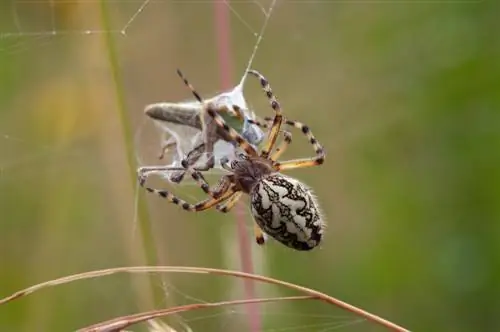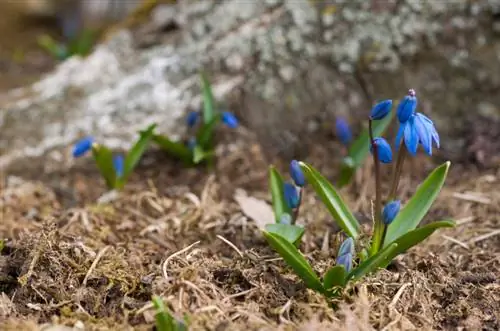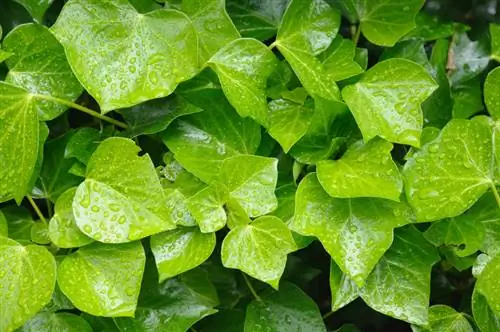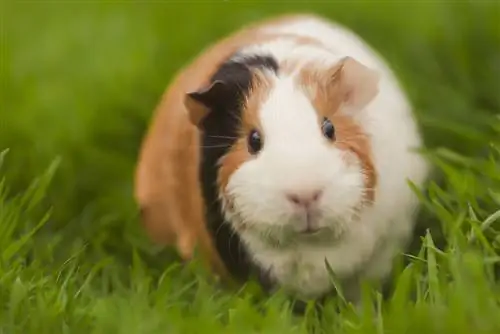- Author admin leonars@hobbygardeners.com.
- Public 2023-12-16 16:46.
- Last modified 2025-01-23 11:21.
The Mühlenbeckia is considered to be quite easy to care for and relatively undemanding. Since it is also said to be non-toxic, it is also suitable for family gardens. However, the effect of consuming large quantities of berries is unknown.

Is Mühlenbeckia poisonous?
The Mühlenbeckia is considered non-toxic to people and animals and is therefore suitable for family gardens. However, consumption of the berries should be avoided as the effects of larger quantities are unknown.
The pretty berries of the Mühlenbeckia are not always and everywhere visible. As a houseplant, it only flowers very rarely and of course does not produce any fruit. In the garden, however, things look different. Depending on the variety, the small, almost inconspicuous flowers develop into white to reddish or even black berries in autumn.
How will my Mühlenbeckia bloom next year?
The Mühlenbeckia, often known as wire bush, comes from New Zealand, Australia, New Guinea, Central and South America. The black-fruited wire bush (Mühlenbeckia axillaris) comes from New Zealand and is correspondingly robust. It should at least overwinter in a cool place so that it is ready to bloom again.
The Mühlenbeckia complexa (white-fruited wire bush), on the other hand, only tolerates a little frost. In order for it to bloom again next year, it should overwinter frost-free. For both species, the root ball must not dry out even in winter. Therefore, water the plants a little regularly, but only outside on frost-free days. Fertilizer is not necessary in winter, but rather harmful.
The most important things in brief:
- considered non-toxic
- Berries should not be eaten
- As a precaution, keep children away from eating it
Tip
Even though Mühlenbeckia is generally considered non-toxic, you should prevent your children from putting the berries in their mouths. There is too little knowledge about the consequences of consuming these fruits.






